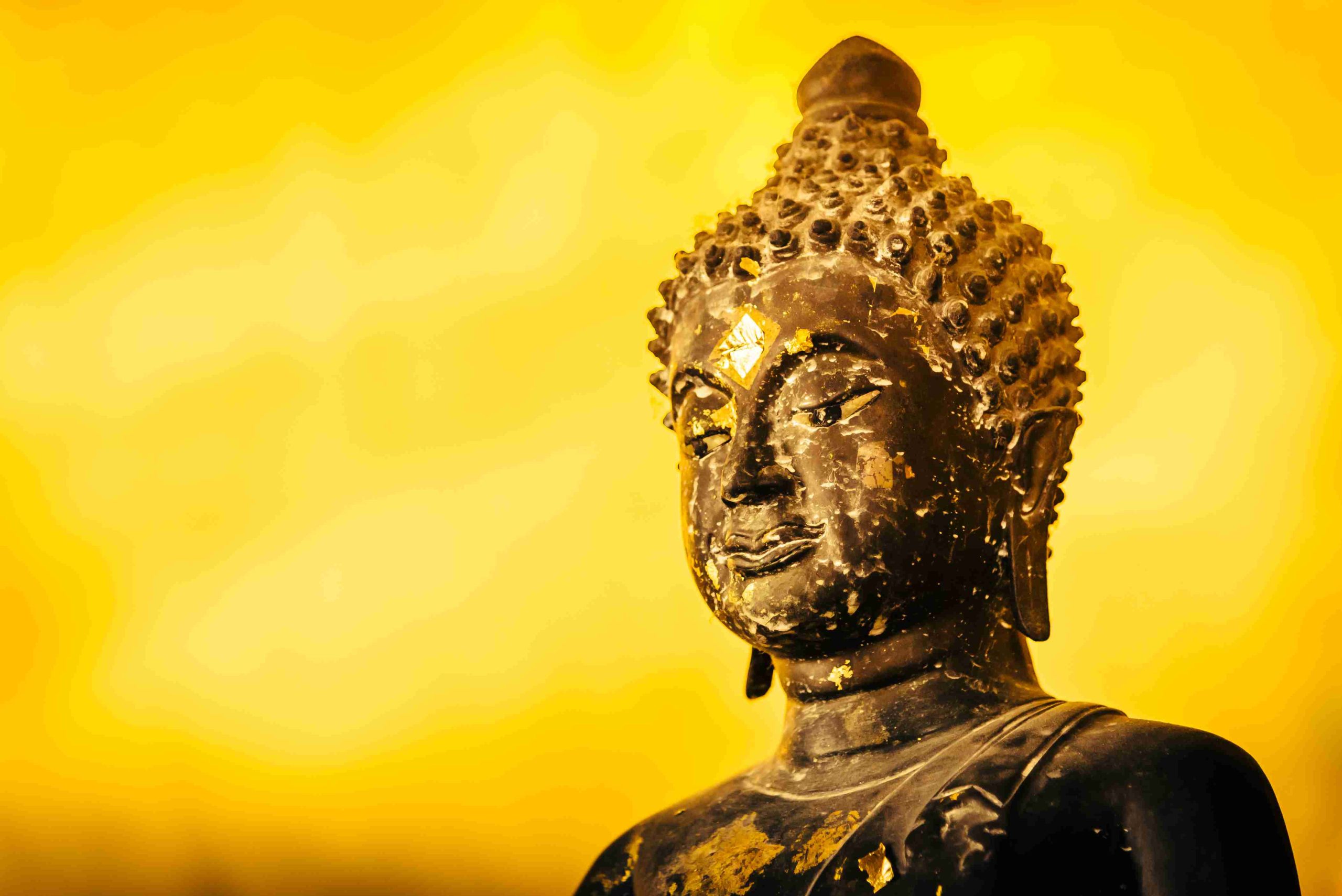The role of women in early Islamic society is often overshadowed by contemporary narratives that either romanticize or vilify their lives. However, historical evidence paints a more nuanced picture of women’s contributions, rights, and societal standing during the formative years of Islam. Understanding these roles provides invaluable context to the evolution of gender relations in both Islamic and broader societal frameworks.
In the 7th century, Arabian society was predominantly patriarchal, with men wielding significant authority over family and community matters. Nonetheless, the advent of Islam introduced transformative changes to the status of women. The Quran and the teachings of the Prophet Muhammad emphasized the importance of treating women with dignity and respect, challenging many traditional customs that had marginalized them.
One of the most significant reforms initiated by Islam was the grant of legal rights to women. Prior to this, practices such as female infanticide were common, and women were often treated as property. The Quran categorically condemned these practices and advocated for the right to life and dignity for every woman. Women were given rights to inheritance, property ownership, and the ability to initiate divorce, which were progressive for the time. These reforms laid the groundwork for women to engage more actively in economic, social, and religious life.
In early Islamic society, women’s roles were multifaceted, serving both the domestic and the public arena. Khadijah bint Khuwaylid, Muhammad’s first wife, is one of the many examples that brought to the limelight the entrepreneurial spirit that dominated women’s lives in this era. Being a businesswoman, her contribution was groundbreaking for the progress of Islam in its developmental stage. Furthermore, her importance highlighted the extent and scope with which a woman can engage meaningfully in economic activities, contrary to their supposed role as being solely confined within the household premises.
Without a doubt, women had an active role in the religious lives of early Islamic society. They disseminated Islamic teachings and engaged with religious studies. Among these women was Aisha, one of Muhammad’s wives, who was known for her scholarship and mastery of Hadith and, thus, played a significant role in Islamic jurisprudence and teachings. The existence of Aisha also emphasizes what women can do intellectually as educators and transmitters of knowledge.
The society in the early days of Islamic civilization was also marked by women participating in community activities such as social work and health care. Women, especially those from optimistic families, helped form community networks for the sick and the less privileged. Such a spirit nurtured the sense of an inseparable community that was necessary for the progress of the growing community of Islam.
Nevertheless, it is essential to understand that in spite of these developments, women experienced problems and limitations that differed widely due to geography, class, and cultural practices. Off course, give rights to a woman as per the Shariah, but there would be various explanations and applications of these rights. As the civilization of Islam expanded, some local cultural or societal customs had usually subsumed the founding principles of equality and justice in the Quran.
Thus, the role of women in early Islamic society proved to be vast and complicated. As an inevitable outcome of the patriarchal set-up, it forcefully confined them; yet they took on roles and gained rights and opportunities that hitherto had not been offered to women. Therefore, making an analysis of this history illuminates the ongoing gender and society discourse today within the contemporary Islamic cultures while debunking simplistic narratives and promoting an enriched understanding of women’s experiences across history.







